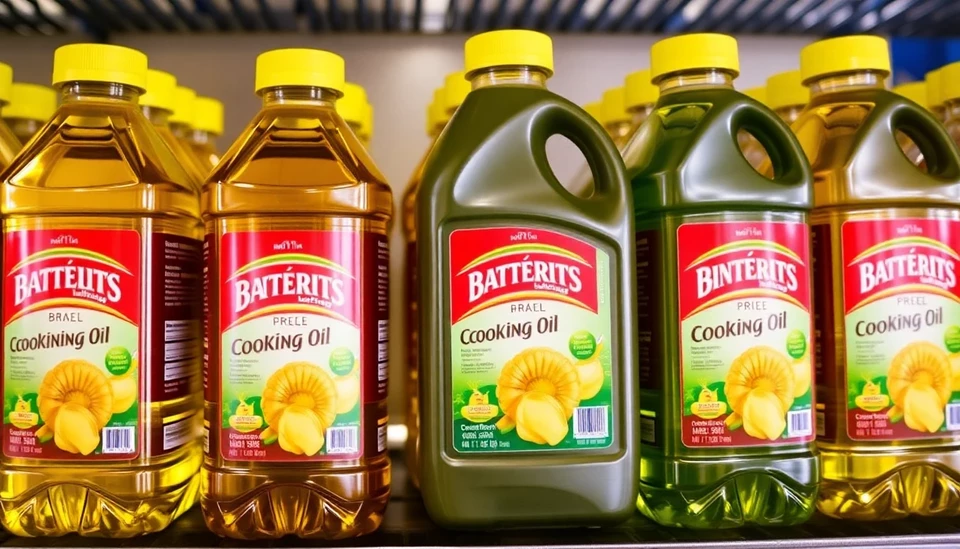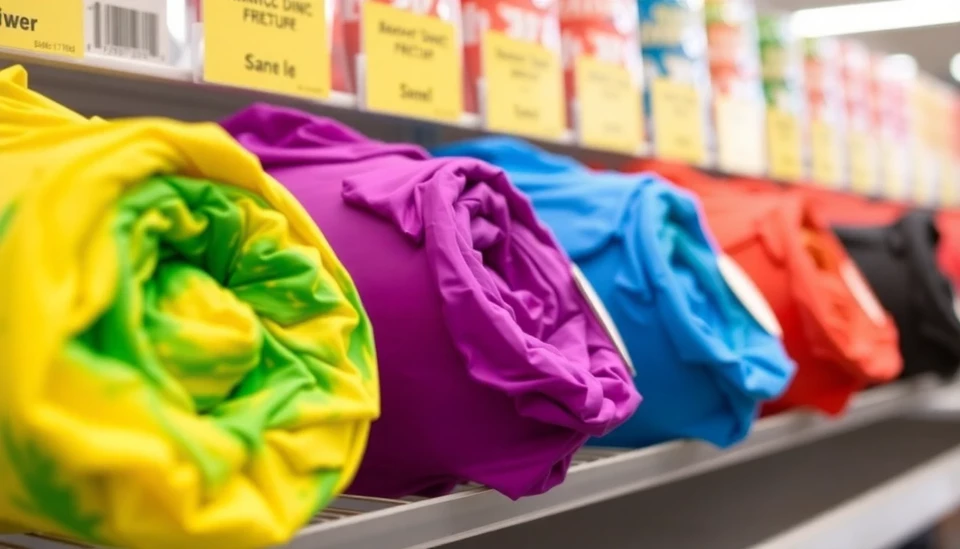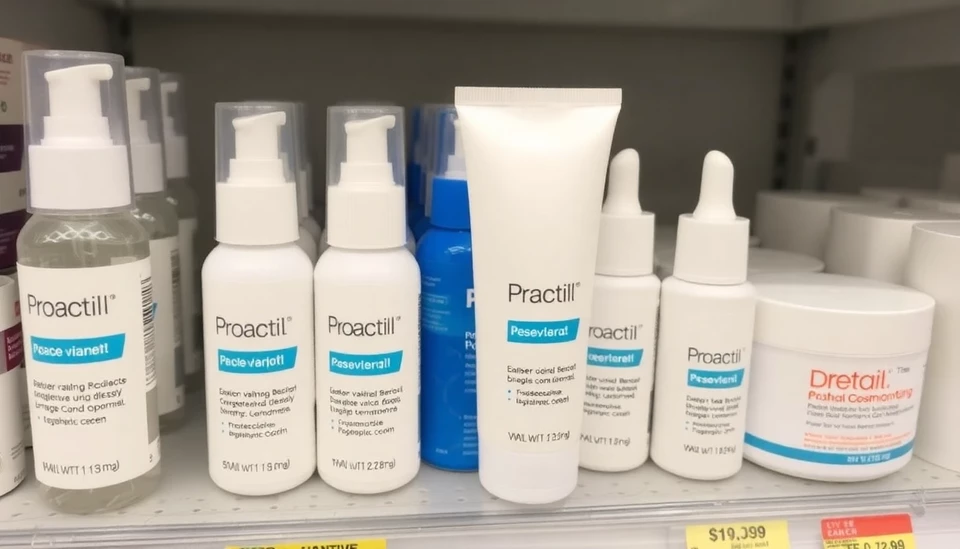
In a significant legislative push, U.S. lawmakers are intensifying their efforts to combat the infiltration of counterfeit used cooking oil in the food supply chain. This initiative is fueled by increasing concerns over food safety and the economic impact it can have on the marketplace. As culinary oils remain a staple in restaurants and households alike, the integrity of these products is under scrutiny like never before.
With rising reports of fraudulent oil being marketed as legitimate used cooking oil, legislators are rallying to implement stricter regulations. These illicit operations not only undermine consumer trust but pose grave health risks as they may lead to the consumption of oils that are not safe for human consumption. The counterfeit oils are often produced in unsanitary conditions and lack clear labeling, making it difficult for consumers and businesses to discern their authenticity.
In recent weeks, various members of Congress have introduced proposals that aim to safeguard the food supply by establishing rigorous standards for the sale and distribution of used cooking oil. These standards would include enhanced traceability measures, which require suppliers to provide detailed documentation of their oil's sourcing and processing.
Moreover, lawmakers are considering the imposition of heavy penalties for those found guilty of participating in the production or distribution of fake cooking oil. This approach not only seeks to deter potential offenders but also serves as a warning that such practices will no longer be tolerated within the industry.
Advocates for the legislation argue that clarity and transparency in the oil supply chain are paramount. They emphasize that the health of consumers should be the top priority, suggesting that comprehensive labeling and sourcing guidelines could go a long way in restoring public confidence.
Furthermore, the push for these regulations aligns with broader efforts by various stakeholders in the food industry to implement best practices in their operations. As restaurants and food manufacturers become more aware of the potential risks associated with counterfeit products, there is a growing consensus that collective action is necessary to safeguard public health.
However, the path forward isn't without challenges. The complexity of the supply chain and the varying state regulations can create barriers to implementing a uniform standard across the board. Lawmakers acknowledge these hurdles but remain committed to ensuring that the legislation addresses these challenges effectively.
The legislative momentum surrounding this issue reflects the broader societal demand for accountability and safety in food products. As scrutiny of food quality continues to rise, it is clear that the conversation around counterfeit cooking oil is a vital component in the fight for consumer protection.
In conclusion, as this legislative initiative gains traction, the hope remains that it will bring about much-needed reform in the cooking oil industry, ensuring that consumers can enjoy food products that are not only authentic but also safe for consumption.
As the debate unfolds, the focus remains on collaborative solutions that protect public health while fostering a more trustworthy food landscape.
#ConsumerSafety #FoodIntegrity #CookingOil #Legislation #PublicHealth
Author: Sophie Bennett




